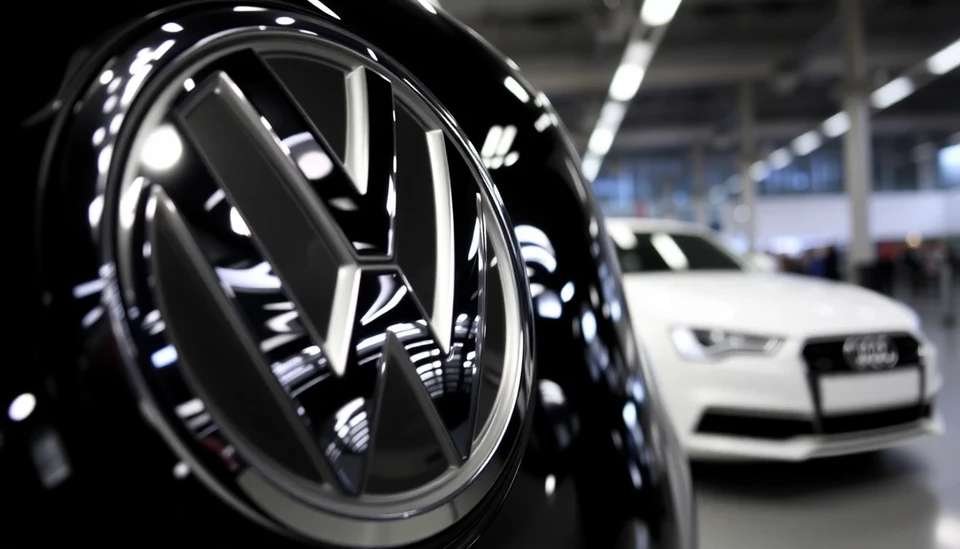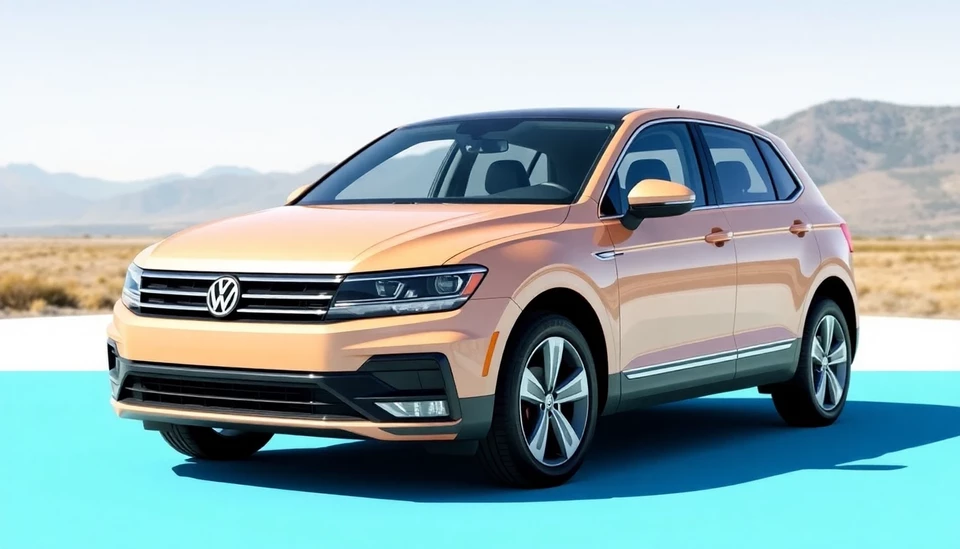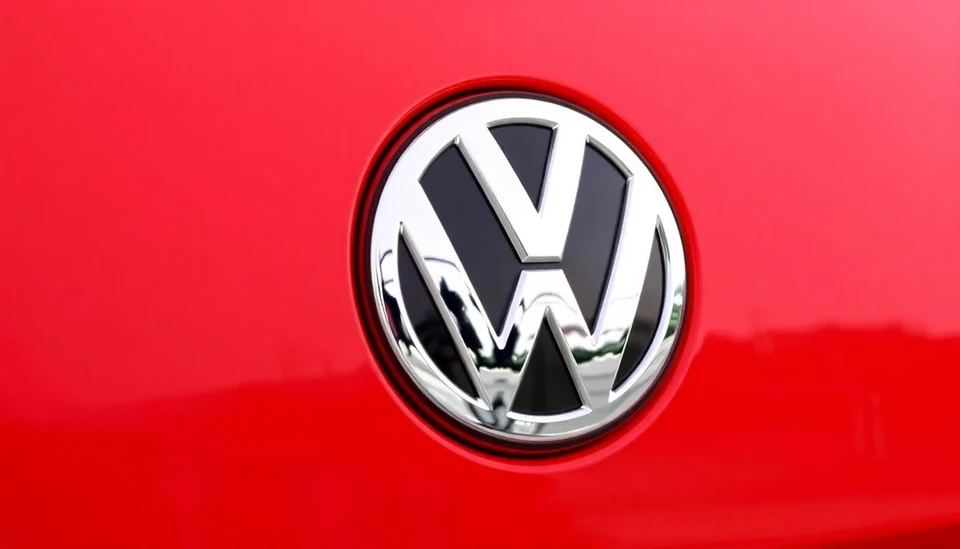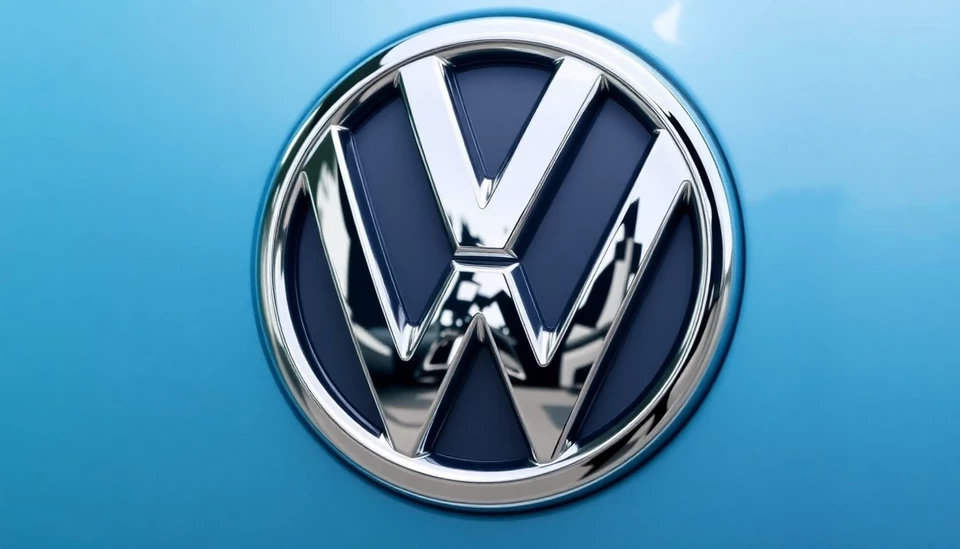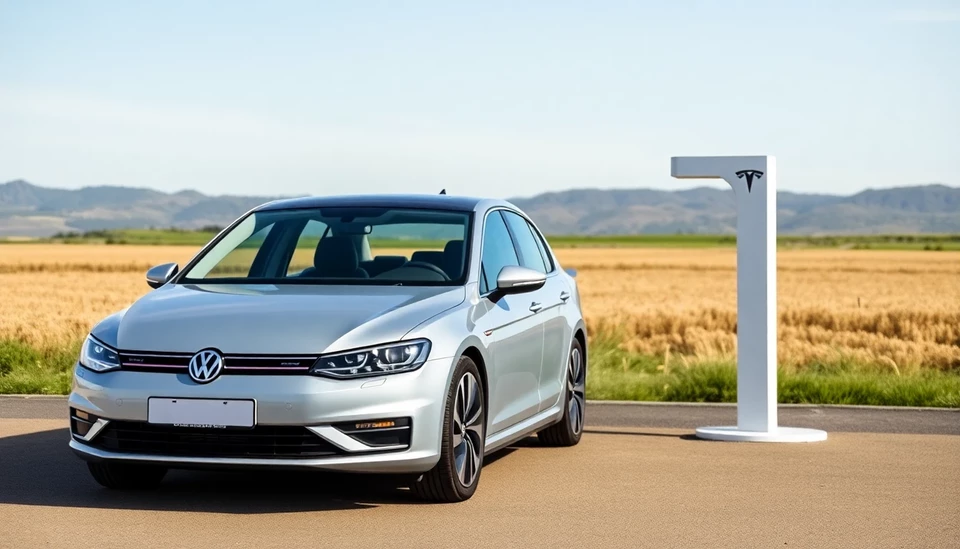
As 2025 approaches, Volkswagen is bracing itself for a challenging landscape in the auto industry, primarily due to fierce competition from Chinese manufacturers like BYD and Xiaomi. The German automotive giant, which has dominated the European market for decades, is now under pressure to innovate and adapt to the rapidly evolving electric vehicle sector.
The swift rise of BYD and Xiaomi in the electric vehicle market has placed Volkswagen in a precarious position. BYD, known for its aggressive expansion and commitment to electric mobility, has significantly increased its presence in Europe, offering a range of affordable and sustainable electric cars. Meanwhile, Xiaomi, traditionally a consumer electronics powerhouse, is preparing to launch its own electric vehicles, aiming to leverage its tech expertise to capture a portion of the automotive market.
Volkswagen's strategy has been under scrutiny as analysts question whether the company can keep up with the pace of change. With China emerging as a leader in EV technology and production, Volkswagen's traditional combustion engine business is at risk of becoming obsolete. The company has announced plans to electrify its lineup, but the speed at which it can roll out new models and technologies will be critical in defending its market share.
In addition to the fierce rivalry in the EV space, Volkswagen faces the challenge of navigating shifting consumer preferences and stringent environmental regulations. The European market is increasingly favoring electric vehicles, and consumers are becoming more conscious of sustainability. Volkswagen’s commitment to carbon neutrality by 2050 is ambitious, but achieving this goal while remaining competitive against agile rivals like BYD and Xiaomi will be no easy feat.
The company is investing heavily in battery technology and expanding its production capabilities; however, analysts suggest that these efforts may not suffice if Volkswagen does not accelerate its transition to electrification. There are concerns that the legacy automaker's transition could lag behind, particularly compared to newer entrants that are specifically tailored to meet the demands of modern consumers.
In response to these challenges, Volkswagen has accelerated partnerships with tech companies to enhance its innovation. However, the road ahead is fraught with obstacles as competition heats up, particularly in the lucrative European market where BYD has gained considerable traction.
As the automotive landscape evolves, all eyes will be on Volkswagen to see how it adapts to this new reality and whether it can reclaim its position as a leader in the industry. The battle for the future of mobility is intensifying, and Volkswagen's ability to pivot towards electric capabilities while simultaneously managing costs will be critical for its survival and growth in the coming years.
In conclusion, Volkswagen's future hinges on its ability to innovate and compete against the rising tide of Chinese automakers. The stakes have never been higher as 2025 approaches, and the company's strategies will determine not just its success, but the broader dynamics of the global automotive market.
#Volkswagen #BYD #Xiaomi #ElectricVehicles #AutoIndustry #EVCompetition #SustainableMobility #Innovation #AutomotiveTrends
Author: Victoria Adams
